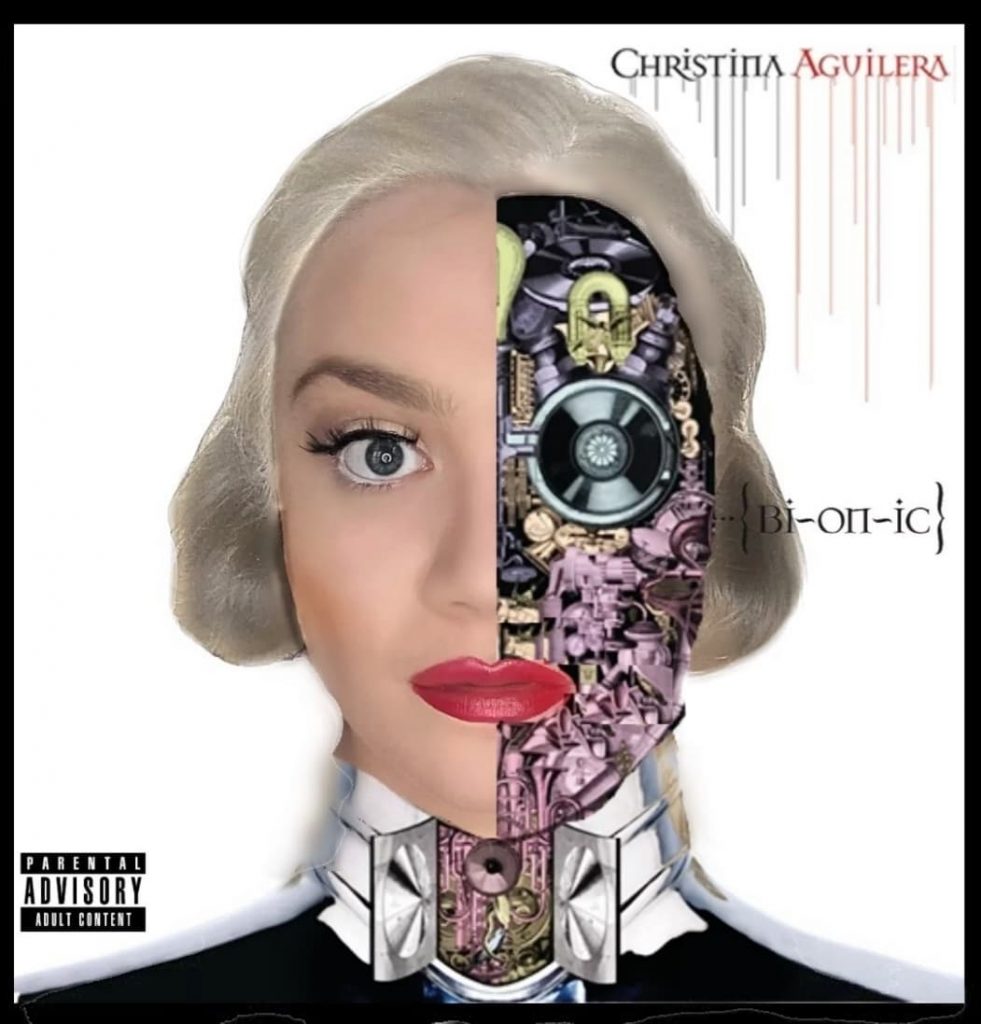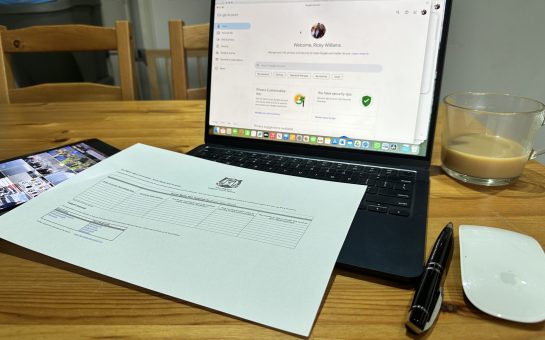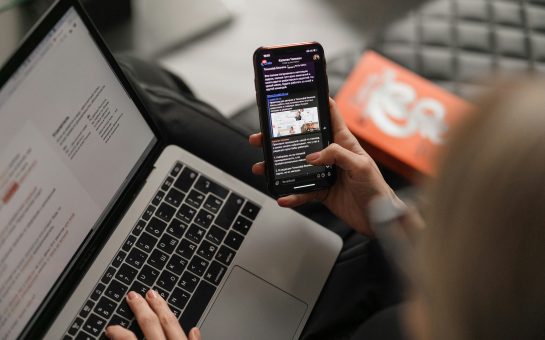In February last year no one could have predicted the tumultuous events that would follow, as lockdown continues nearly 12 months on from initial reports of coronavirus.
Alone in our houses with nothing to do but watch TV, scroll on our phones, and overthink, it can be a recipe for a mental health disaster.
While you’d think lockdown would create some relief for people suffering with body image issues, as the pressure to look good is off, experts say the opposite has been true.
Leading eating disorder charity Beat has found demand for its services has increased by 173% in a year, with a consistent rise since the pandemic began.
Aiysha Younas, 26, from Manchester said: “I have a history of eating disorders and I feel like I’ve been seeing a lot more of my habits returning.
“I’ve been so much worse, especially since the second lockdown.”
Without the distractions of daily life and the ability to go out it’s easy to fall into old habits, as Younas herself has been experiencing.
She said: “Even though I make a conscious effort to work out and snack less or I’ll try and include more healthy options, I feel like it’s not getting better in the way that I expected it to, it’s getting worse.
“I know it’s in my head but obviously when you see what you see, you’re only fighting yourself aren’t you?
“It’s such a battle every day.”
The obvious culprit for this rise in concerns over body image is social media, as screen time has soared during the pandemic.
Younas knows all too well the damaging effects of social media, having fallen into a dark community online, as an impressionable teen, which encouraged her eating disorder.
She said: “I was very young, and it was so encouraging and supportive I guess but in all the wrong ways and then the more I would get into it the more I’d see these pictures of all these girls.
“Now I’m older and I understand the concept of editing and things like that, all the images I used to look at were so edited.
“But I was literally starving myself to be like them when they weren’t real, they were all edited and I had no idea. I don’t think half of the girls on there had any idea either.”

Warwick University student Cerys Turner has not suffered from an eating disorder but has seen her confidence fluctuate throughout lockdown, as social media highlights her insecurities.
“I got into TikTok in the last lockdown and I love TikTok to bits, however it can be awful for your self-esteem,” she said.
“There’s so many beautiful skinny girls on there, living their best life and it makes you scrutinise yourself more.”
TikTiok launched an investigation in December after being called out for the number of pro-anorexia accounts on the app which were easily searchable.
But it’s not just this explicitly pro-anorexia content that can be harmful, as influencers who heavily photoshop their pictures create a false and unrealistic beauty standard.
These edited pictures have become the norm across all social media platforms and are rarely flagged up as damaging.
Turner said: “Most of them are really underweight and obviously have a personal trainer, a dietician and somebody who does their hair and makeup every single day, and they’re also really, really rich.
“90% of their followers are on a totally different level and they can’t achieve the same beauty standards because they just haven’t got the resources.
“I feel like people don’t really think about how much goes on behind their appearance, not everyone wants to put that much work into it and why should we? We have other things to do rather than our faces.”
Amy Shearer, 22, from Inverclyde in Scotland has also struggled with body image in lockdown and found herself stress eating at the beginning of the pandemic.
She said: “Body image is something that I’ve always battled, so before all this happened I was kind of in a good space where I was focusing on myself.
“Lockdown has definitely aggravated it let’s say that.
“I went through a stage where I was like ‘I just want to dress in black’ and just wanted to hide for a bit, but I’m kind of finding my way back.”
While social media got to her at first, Shearer decided to ignore other people’s posts showing how much exercise they’d done and to use social media for a positive instead.
“I’ve just got to the point where I’ve kind of detached myself from it, I’m like ‘you do you, if that’s what’s getting you through do it’ but it’s not what’s getting me through,” she explained.
To help get herself through the dull, lengthy lockdowns the pandemic has brought on Shearer has shared re-creations of famous album covers on Instagram.
“I’ve kind of taken that as my coping mechanism almost because it’s meant that I can focus on something and then people kind of look for them each week,” she said.
“I think a lot of people have turned to try to find some sort of hobby, but you’re limited aren’t you, there’s only so many things you can do at the moment, so that was my banana bread.”
The Health Survey for England 2019 discovered that 16% of adults 16 and over screened positive for a possible eating disorder and it’s clear many have suffered throughout the pandemic.
COVID-19 will be controlled, and lockdown lifted eventually, but the mental health side effects of this scenario will be severe and wide-ranging.
Shearer said: “There’s the pandemic and then there’s mental health pandemic.
“I dread to see what people are going to be like when they actually come out the other side of this.”
If you or someone you know is struggling with the issues discussed in this piece, ring eating disorder charity Beat’s helpline, available 365 days of the year, on 0808 801 0677 or visit their website here.
Main photo by Siora Photography on Unsplash



